The 5th edition of the International seminar "Collective violence and Genocide ", organised by Igor Pérez Tostado (UPO) and José Miguel Escribano Páez (UPO), will focus on the compared and connected history of collective violence and genocide around the globe in the early modern and modern era.
Raphael Lemkin, in his unpublished historical writing, already brought up the idea that "all cases of genocide, although their background and conditions vary, follow, for the most part, the same pattern. The object of destruction is a specific human group." The existence of patterns makes a connected and compared history possible. However, as Mohamed Adhikari has recently emphasized, "There is a danger, though, that in looking too assiduously for connections across diverse cases, one might end up over-emphasizing their significance." The seminar aims to go deeper into that path, being aware of the perils and pitfalls ahead.
The seminar seeks to reflect broadly on the place of genocide in Early Modern age and in Early Modern historiography. This is due to recent developments in the field of global history, which broaden research questions and points of view, as well as new methodologies that expand the nature and quantity of resources available to explore the phenomenon.
The seminar aims more broadly to reflect on the place of genocide in the early modern history and early modern historiography. It specially relates to recent developments in global history that broaden intellectual questions and points of view, and to new methodologies that expand the nature and quantity of sources available and the possibilities to explore them. The activity will interest social scientists, legal historians and historians interested in the interconnections between the history of violence, genocide, and globalization. The seminar will take place on Zoom on two different sessions, the afternoons of the 30th of September and October the 1st, 2021.
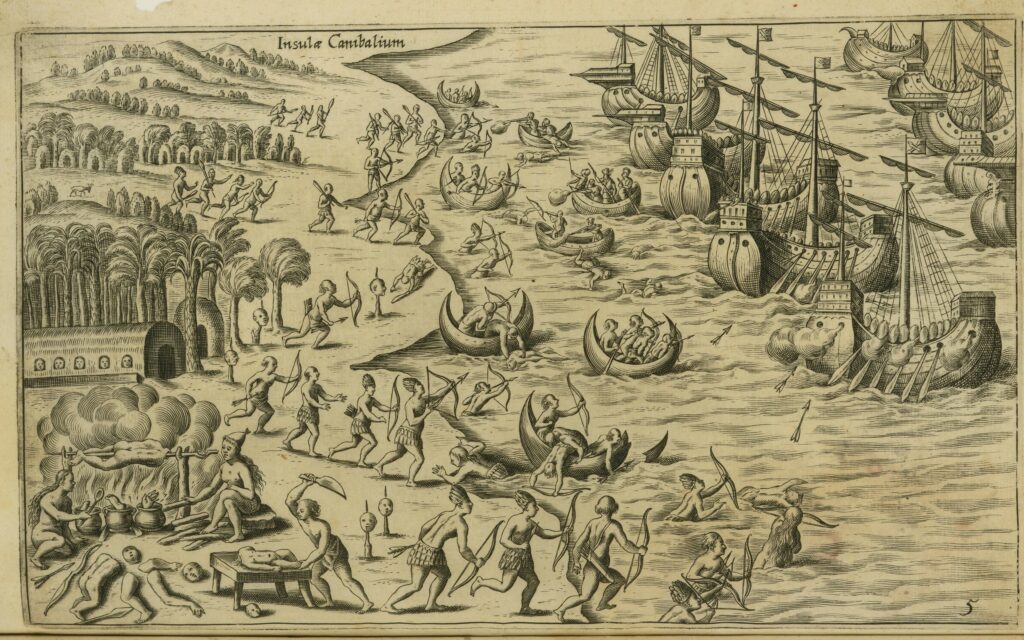
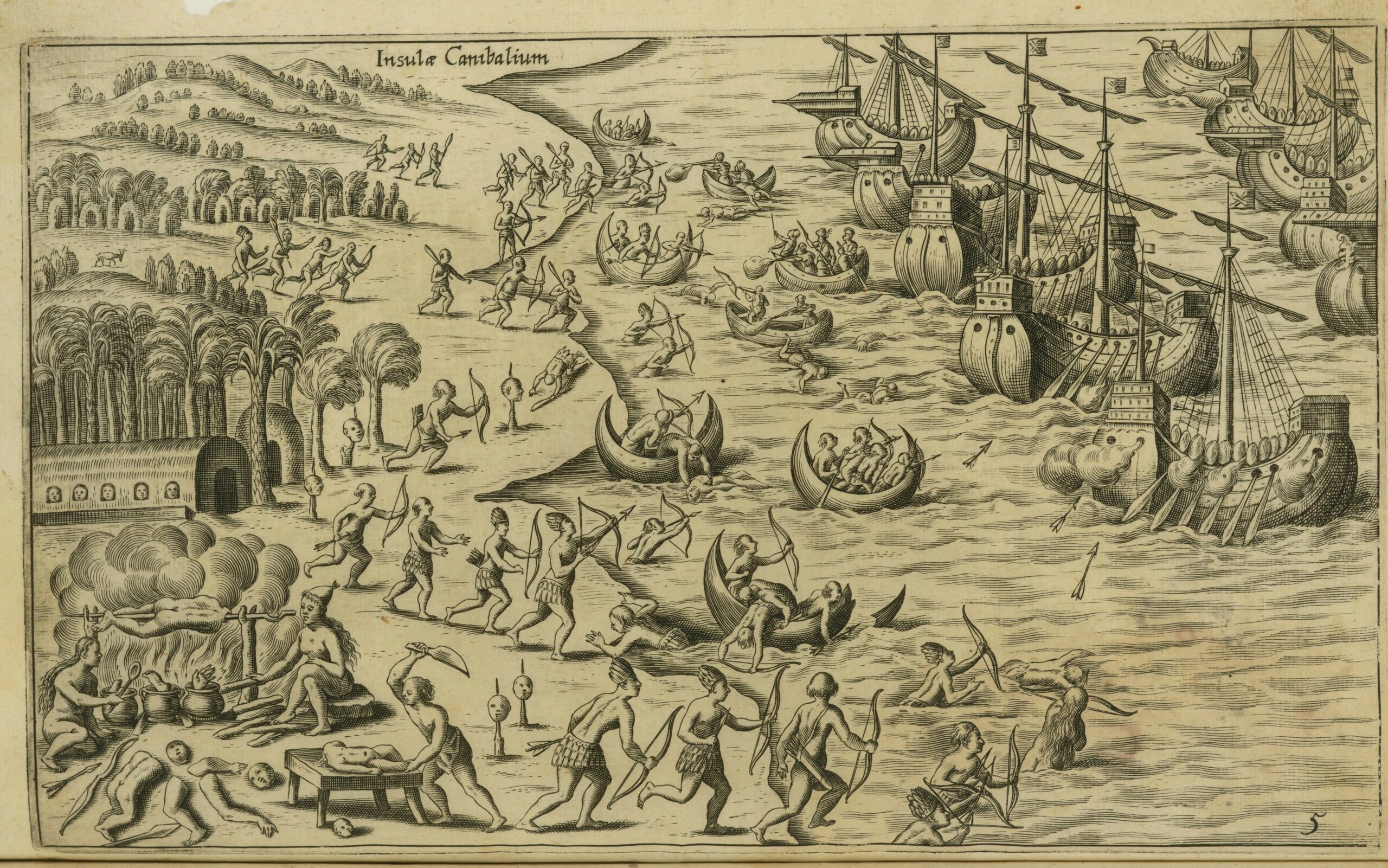
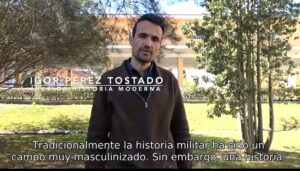
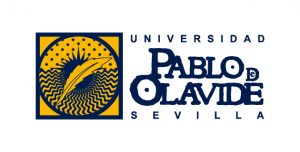


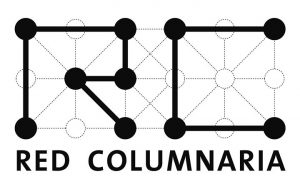
Leave a Reply